Did you know you can strengthen your MAKE IT Prize submission by working with disadvantaged communities that could benefit from the clean energy manufacturing economy?
The MAKE IT Prize will award approximately $30 million in prizes to catalyze the domestic manufacturing of critical clean energy technology components, moving manufacturing facilities from planning to shovel-ready and enabling strategies for vibrant manufacturing activity in communities.
Guided by the Justice40 (J40) Initiative principles, one of the main objectives of this prize is to support the creation of economic and job opportunities related to clean energy for all Americans. The J40 Initiative directs that 40% of the benefits from certain federal investments—including those related to clean energy and energy efficiency—flow to disadvantaged communities (DACs).
As part of its commitment to J40, the Department of Energy (DOE) is following these eight priorities as guiding principles for all programs covered under the initiative:
- Decrease energy burden in disadvantaged communities (DACs).
- Decrease environmental exposure and burdens for DACs.
- Increase parity in clean energy technology access and adoption in DACs.
- Increase access to low-cost capital in DACs.
- Increase clean energy enterprise creation and contracting in DACs.
- Increase clean energy jobs, job pipeline, and job training for individuals from DACs.
- Increase energy resiliency in DACs.
- Increase energy democracy in DACs.
Through the MAKE IT Prize, DOE aims to promote quality employment, equitable economic development, and other benefits of manufacturing within disadvantaged communities.
How to Make J40 Principles Shine in Your Submission
Consideration for the J40 Initiatives is an important piece of the MAKE IT Prize Strategies track. A successful Phase 1: Engage submission should exhibit this consideration by:
- Demonstrating an understanding of the region and its communities.
- Highlighting potential impacts to disadvantaged communities.
- Showcasing the potential to meaningfully address at least one of the eight priorities listed above.
To better understand where disadvantaged communities are located and how they may be impacted, check out the White House Climate and Economic Justice Screening Tool and learn more about the Justice40 Initiative.
Want to help make sure the clean energy transition benefits those in your community? Submit your materials for Phase 1: Engage of the MAKE IT Strategies Track by Feb. 15!

